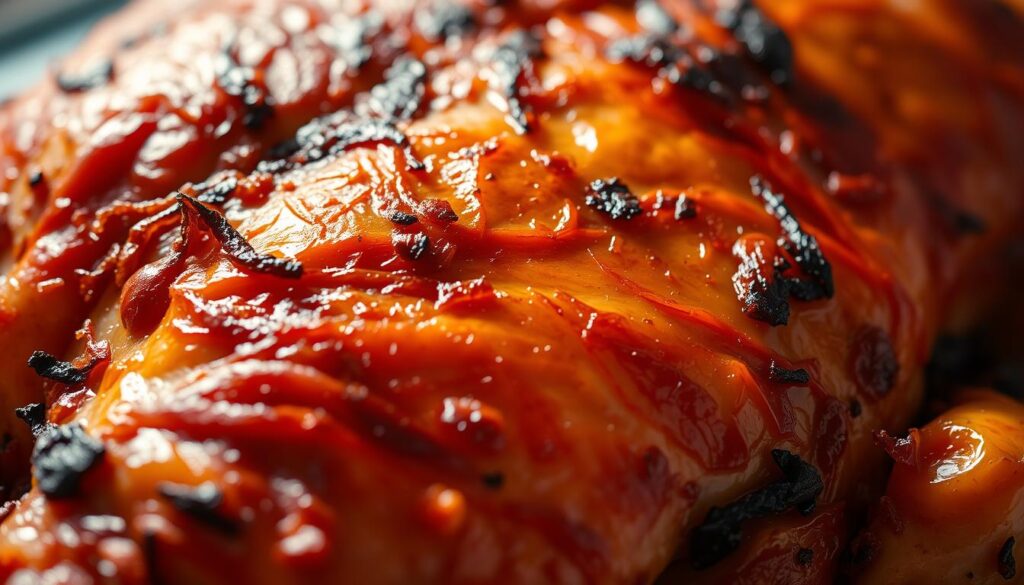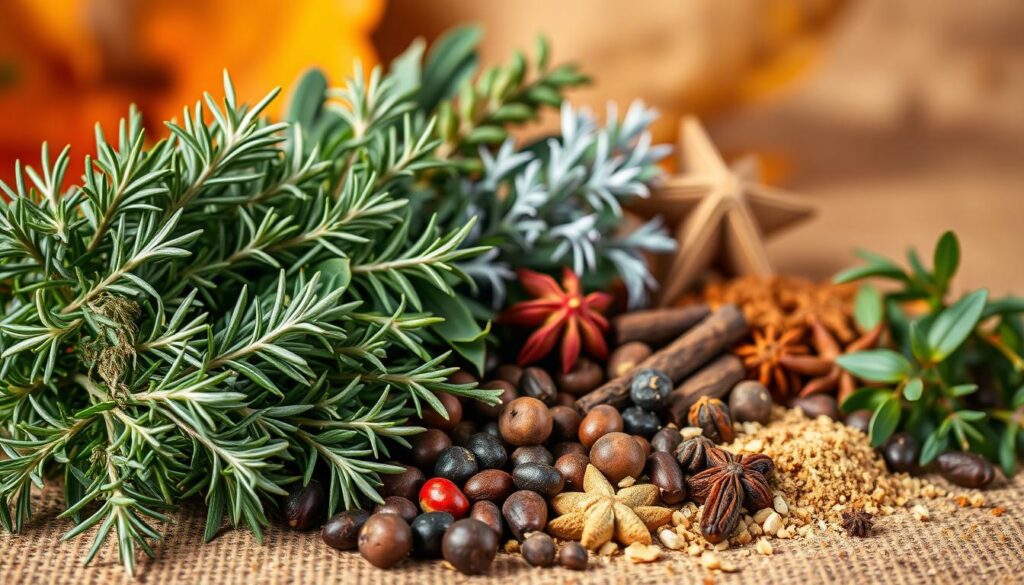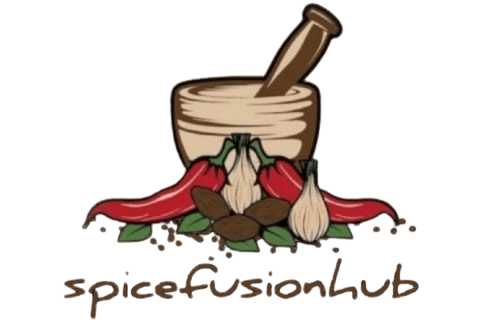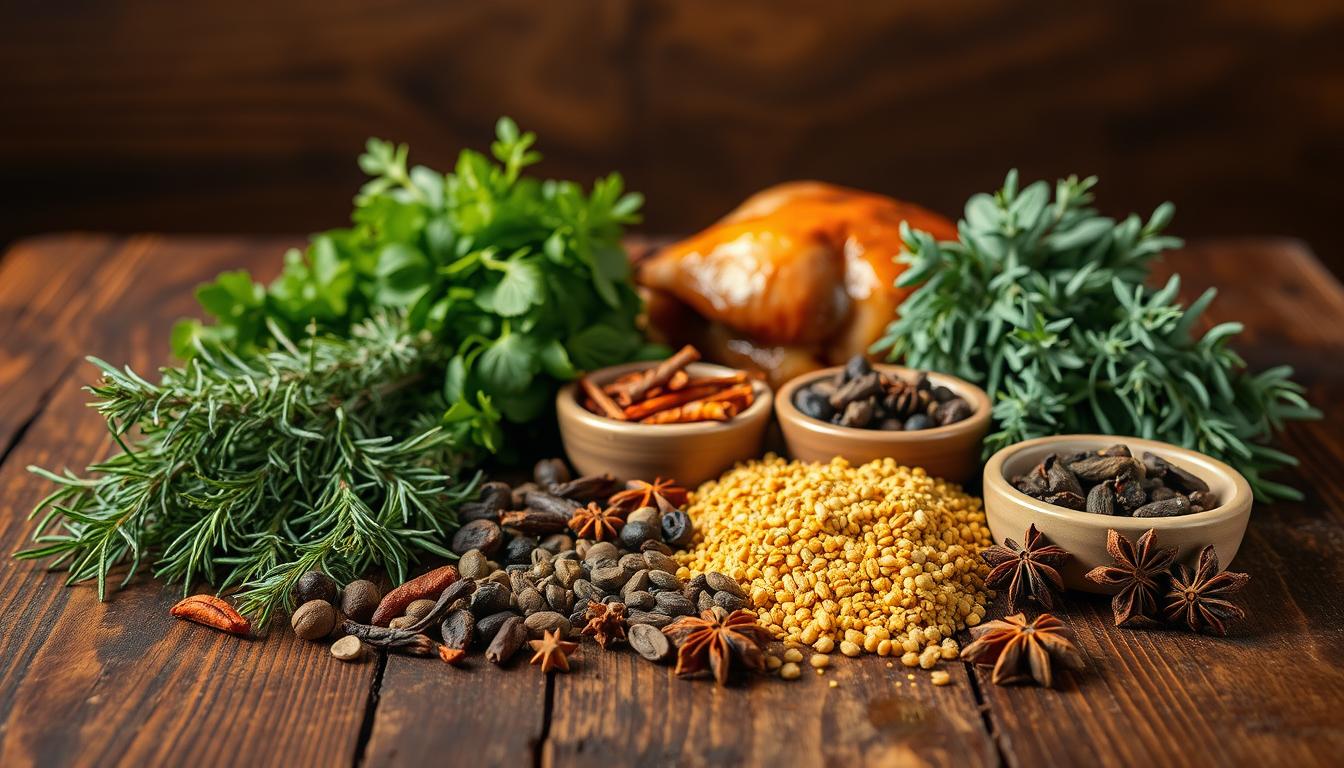Best Spices For Turkey To Elevate Your Thanksgiving
Elevate your Thanksgiving turkey with the best spices for turkey. Get our top tips and tricks for a deliciously seasoned bird.
Are you wondering how to make your Thanksgiving turkey the star of the holiday meal? The secret lies in the perfect blend of herbs and spices in your turkey seasoning. A well-crafted rub can elevate the flavor of your turkey, making it a memorable dining experience.
Using the right combination of seasoning can enhance the natural flavor of your turkey, creating a deliciously aromatic dish that’s sure to impress your guests. As you prepare for Thanksgiving, discovering the perfect recipe for your holiday bird is key.
Table of Contents
Key Takeaways
- Discover the importance of using a blend of herbs and spices to enhance your turkey’s flavor.
- Learn how to create a balanced flavor profile for your Thanksgiving turkey.
- Understand the role of quality spices in achieving the perfect turkey seasoning.
- Find out how to apply the right rub to your turkey for maximum flavor impact.
- Explore popular spice blends used for Thanksgiving turkey preparation.
The Essential Spices for a Flavorful Turkey
When it comes to preparing a mouth-watering Thanksgiving turkey, the right blend of spices is crucial. The perfect combination of herbs and spices can elevate the flavor and aroma of your turkey, making it the centerpiece of your Thanksgiving dinner.
Classic Thanksgiving Herbs
Traditional herbs like thyme, sage, and rosemary are staples for a reason. They add a depth of flavor that complements the turkey perfectly. Using a mix of these herbs will give your turkey a classic Thanksgiving taste.
Savory Spices That Enhance Turkey Flavor
Paprika and other savory spices can enhance the flavor of your turkey. These spices add a smoky depth that pairs well with the richness of the meat. Using the right amount of paprika can make a significant difference in the overall flavor profile.
Sweet Additions for Caramelized Skin
Adding a tablespoon of brown sugar to your rub can result in beautifully caramelized skin. As the turkey roasts, the sugar caramelizes, creating a crispy and delicious exterior. This sweet addition balances out the savory flavors, creating a well-rounded taste experience.

Best Spices for Turkey: Creating the Perfect Blend
To make your Thanksgiving turkey truly unforgettable, you need to master the art of blending the right spices. A well-balancedspice blendcan elevate the flavor of your turkey, making it the centerpiece of your holiday meal.
Basic Turkey Seasoning Recipe
A basic turkey seasoning recipe includes a mix of dried herbs like thyme, sage, and rosemary. These herbs complement the rich flavor of the turkey, creating a harmonious taste experience. To make this blend, combine 2 tablespoons of dried thyme, 1 tablespoon of dried sage, and 1 tablespoon of dried rosemary.
Smoky and Sweet Variation
For a smoky and sweet variation, you can add a pinch of smoked paprika and a teaspoon of brown sugar to your basic turkey seasoning recipe. This adds a deep, smoky flavor and a hint of sweetness to your turkey.
Herb-Forward Traditional Blend

An herb-forward traditional blend focuses on the classic flavors of Thanksgiving. By using a higher ratio of herbs like thyme, sage, and rosemary, you can create a seasoning that is both aromatic and flavorful. To achieve this, use 3 parts thyme, 2 parts sage, and 1 part rosemary. This blend is sure to become a staple in your Thanksgiving celebrations.
How to Properly Season Your Thanksgiving Turkey
To achieve a perfectly seasoned Thanksgiving turkey, it’s crucial to understand the proper techniques. Seasoning is not just about sprinkling some herbs and spices on the turkey; it’s about preparing the bird to absorb the flavor fully.
Preparing the Turkey for Seasoning
Before applying any seasoning or rub, make sure your turkey is completely thawed and patted dry. This step is essential for the seasoning to adhere evenly.
Applying the Spice Rub Effectively
Once your turkey is prepared, it’s time to apply the rub. Make sure to cover the entire surface, including the cavity. For added flavor, you can also season the inside of the turkey.
Seasoning Under the Skin for Maximum Flavor
For maximum flavor, gently separate the skin from the meat and apply your seasoning directly under the skin. This technique allows the seasoning to penetrate deeper into the meat, resulting in a more flavorful turkey.
Adding Fats to Enhance Your Turkey Seasoning
Fats play a crucial role in enhancing the flavor and texture of your Thanksgiving turkey. By incorporating fats into your seasoning blend, you can achieve a more complex and satisfying taste experience.
Butter vs. Olive Oil: Which Works Best
When it comes to choosing between butter and olive oil for your turkey seasoning, both have their advantages. Butter adds a rich, creamy flavor, while olive oil provides a lighter, more nuanced taste. The choice between the two ultimately depends on your personal preference and the overall flavor profile you’re aiming for.
Combining Fats with Seasonings for Perfect Results
To effectively combine fats with your seasonings, start by melting the fat of your choice. Then, mix it with your dry seasonings to create a paste-like consistency. This mixture can be rubbed all over your turkey, ensuring that the flavors penetrate deeply into the meat. For optimal results, consider the temperature of your fat, as it affects its ability to bind with seasonings.
| Fat Type | Flavor Profile | Best Used For |
|---|---|---|
| Butter | Rich, creamy | Traditional, savory flavors |
| Olive Oil | Light, nuanced | Herb-forward, Mediterranean-inspired flavors |
Storing and Preparing Turkey Seasoning in Advance
You can save time and reduce stress on Thanksgiving day by preparing your turkey seasoning in advance. This simple step allows you to focus on other aspects of your holiday meal.
Making Seasoning Blends Ahead of Time
Preparing your spice blend in advance is straightforward. Simply mix your chosen ingredients, including dried herbs and spices, together in a bowl until well combined.
Proper Storage Techniques
To maintain the freshness of your homemade spice blend, store it in an airtight container. This will protect the spice blend from moisture and other environmental factors that could affect its quality.
How Long Homemade Spice Blends Last
A well-stored spice blend can last up to six months. The key is to keep it away from heat, light, and moisture. Dried herbs and powder ingredients generally have a longer shelf life compared to fresh herbs, which can spoil quickly due to their higher moisture content.
Conclusion: Enjoying Your Perfectly Seasoned Thanksgiving Turkey
Creating a deliciously seasoned Thanksgiving turkey is simpler than you think. By using a custom blend of herbs and spices, you can elevate your turkey into a memorable centerpiece. This homemade turkey seasoning not only enhances the flavor of your Thanksgiving turkey but is also versatile enough to be used on roasted chicken throughout the year.
With the techniques and recipes shared in this article, you can make your holiday cooking a part of your family’s traditions. Adjust your seasoning approach based on feedback and results, and don’t hesitate to share your successful recipes with friends and family.







